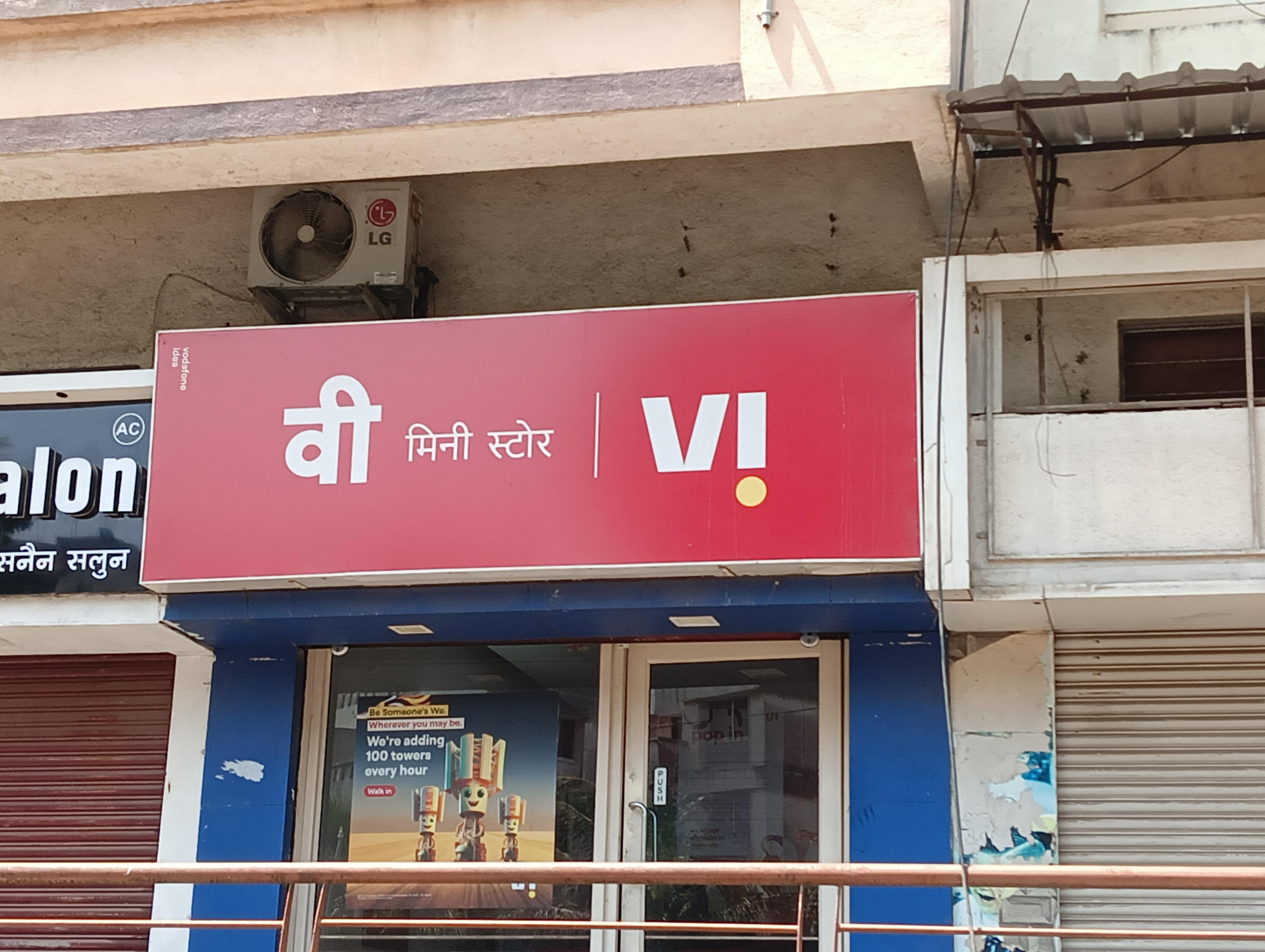
Vodafone Idea has long been a topic of intense debate and curiosity in the Indian stock market and telecom industry. The once-dominant telecom player is now struggling to stay afloat, and questions about its future continue to dominate conversations among investors and analysts alike.
Had this question been raised two or three years ago, the general consensus was that the government would not allow Vodafone Idea to shut down. Several key reasons supported this view.
Firstly, if Vodafone Idea were to collapse, it would create massive ripple effects for the banking sector. The company owes significant amounts to banks and other lenders, and its shutdown would lead to large-scale loan defaults, turning them into Non-Performing Assets (NPAs). This would further stress the Indian banking system, which is already burdened with bad loans.
Secondly, allowing Vodafone Idea to collapse would effectively reduce India’s telecom space to a duopoly, with just Bharti Airtel and Reliance Jio dominating the market. MTNL and BSNL are not considered serious private competitors in the current scenario. Such a duopoly would be extremely dangerous for consumers. India is known for having the lowest telecom tariffs globally, and if competition reduces, there’s a high risk that tariffs will increase drastically. This could become a major political issue as rising telecom prices are as sensitive as a spike in onion and potato prices in the country.
Thirdly, a collapse of Vodafone Idea would result in massive unemployment. A large number of employees and partners are directly or indirectly dependent on the company. The loss of so many jobs could create a major socio-economic crisis, something the government would ideally want to avoid.
The government has already taken significant steps to support Vodafone Idea, including converting some of the company’s dues into equity, thereby becoming the largest shareholder in the company. This move was interpreted by many as a strong signal that the government wants to keep Vodafone Idea alive.
However, despite these measures and equity infusions, there has been little improvement in the company’s operations or market performance. This raises a critical question: will the government continue to put more money into the company, or will it eventually decide that it’s throwing good money after bad?
There is also the broader question of investor profitability. Even if Vodafone Idea survives, can it ever become profitable for investors? The current state of affairs doesn't inspire confidence. Unless the company demonstrates strong operational improvements and shows meaningful earnings growth (such as sustainable EPS), investors may not see worthwhile returns. It could take several years just to generate minimal earnings per share, let alone significant returns.
In a scenario where Vodafone Idea does manage to survive, analysts believe the stock might touch levels of ₹14–15. But in the unfortunate case of a shutdown, the downside is catastrophic and could lead to a complete erosion of shareholder value.
So, the dilemma remains — will Vodafone Idea survive, and if it does, will it be worth it for investors? Or are we looking at a slow decline of a once-mighty telecom giant?
Disclaimer:
The information provided in this article is for informational and educational purposes only and should not be construed as financial or investment advice. Readers are advised to conduct their own research or consult with a certified financial advisor before making any investment decisions. The views expressed are based on publicly available information and market observations at the time of writing. Investing in the stock market involves risks, including the risk of loss of capital. The author and the platform do not take any responsibility for investment actions taken based on this content.




